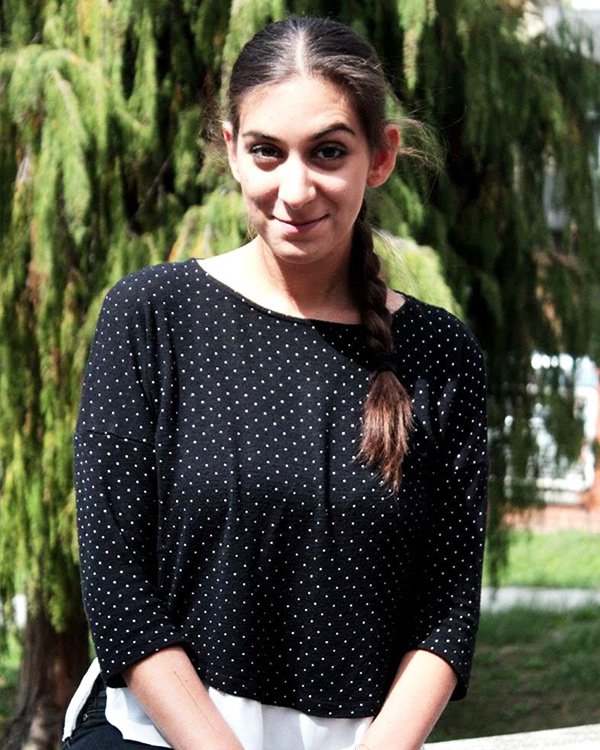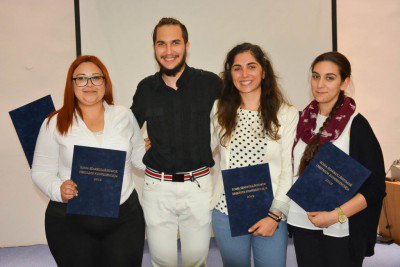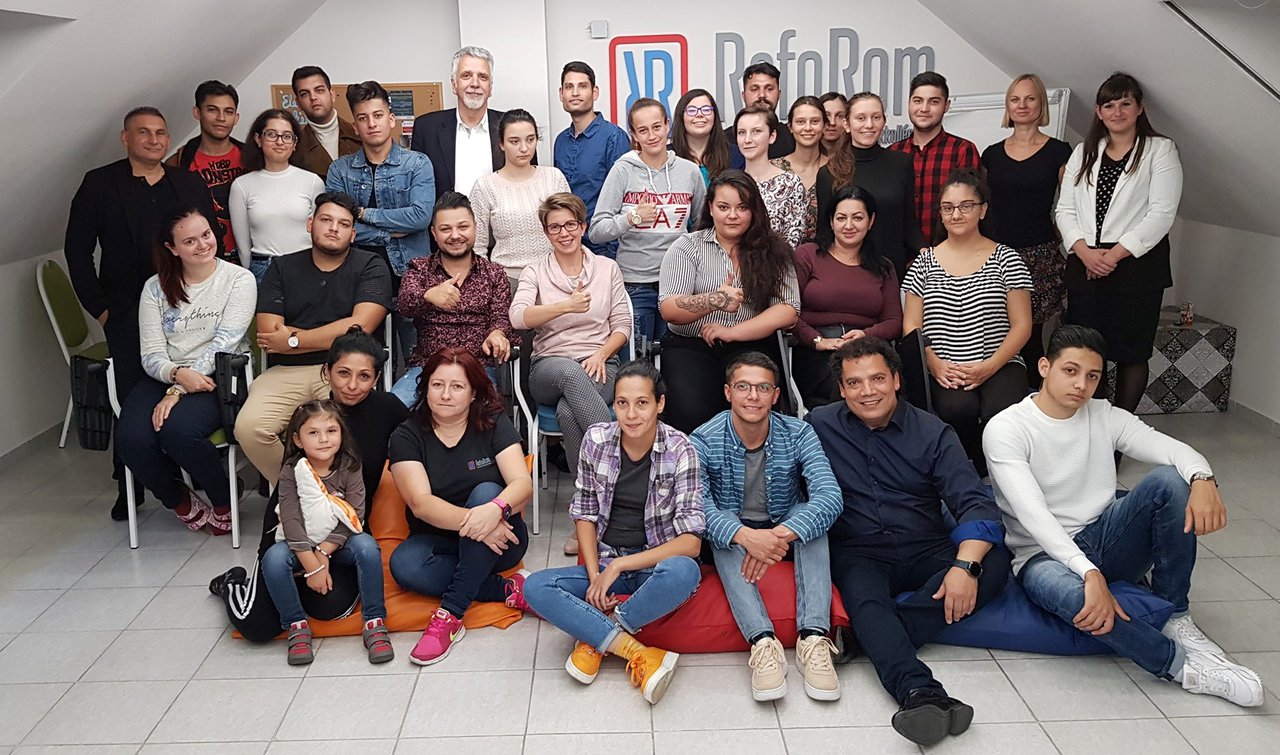Georgina Laboda, Student of Political Sciences and resident of the Reformed Roma Special College in Budapest (RefoRom) reflects on the social consequences of COVID-19 for the most vulnearble Roma communities in Hungary.

It has been more than two months since COVID-19 emerged in Hungary, and has held almost the entire world captive since. When the government declared the state of emergency in the middle of March, our world suddenly turned upside down. To be honest, at first I was happy, because as a university student in Budapest, I looked forward to see my beloved family and spend more time with them. But soon after I became aware of the serious consequences this situation will have on our economy, and how people’s lives will be threatened by the virus.
Due to COVID-19, many people lost their jobs and their income vital for the living of their families. Due to the shut downs children and schools switched to digital education, at least those who were able to do so. In most of the underprivileged communities in Hungary, students simply don’t have the necessary tools to join the online education. Schools which were prepared for the lack of computers and internet access among pupils, have distributed offline exercise sheets for the kids, and have tried to keep them in education by using other ‘non-digital’ training opportunities, so that they can finish the school year successfully.
In addition to schools being closed, afterschool programs were also suspended. Although a lot of teachers continue trying to help children, mainly via phone, due to the lack of opportunities the productivity of their efforts is changing all the time, and most of them cannot rely on the support of the parents.

Georgina (right) after receiving the audience award at a scientific conference organized for Students of the Roma College Network in 2019
It has been common for underprivileged Roma communities that people financed their households from occasional jobs, and after these opportunities were gone, a lot of families started drifting towards utter hopelessness. The loan repayment moratorium issued by the Government in March was a positive decision for them, but most of the families got money earlier from usurers to finance occasional larger expenses. And now, with the loss of income they are not only unable to pay back the loan, but will suffer more and slide towards debt trap.
Still there are people for whom usury remains the only way to survive and who will have to pay the money back to usurers, who misuse the Corona crisis, with disproportionately high interest. Thankfully there is an emerging civil cooperation of Roma and Pro-Roma NGOs who financially support underprivileged Roma communities as much as they can. But with their limited resources they obviously are not able to help everyone, therefore a determined and large scale intervention from the government is needed for the support of communities living in deep poverty.
If the virus penetrated these closed communities, it would have serious consequences.
Roma people are overrepresented among socially disadvantaged communities in Hungary. Most of the time they are living in segregation, in houses without any comfort at the margins of settlements. So far there is no vaccine and no proper cure for COVID-19 as we all know. Healthcare professionals recommend proper hygiene, frequent hand wash, and social distancing. Measures that are hard to implement under segregated living conditions. If the virus penetrated these closed communities, it would have serious consequences. It is well known that COVID-19 can be life-threatening especially for people with weak immune system. Now, the general state of health of those living in segregations is even worse than the Hungarian average. In addition to all this, the Corona crisis can potentially incite hatred against Roma communities. And we cannot tolerate people’s rights be restricted under the pretext of the coronavirus as we already have evidences for this in Bulgaria.
Don’t let COVID-19 divide our people and deepen already existing social fault lines even more!
For me personally, this virus has revealed that people are able and willing to join forces – as they should. We are experiencing the biggest crisis of our lifetime; we don’t know how long it will last, and what consequences it will still have. We can already see that the crisis and uncertainty particularly affect the poorest and the most vulnerable people. We all suffer from this situation, still we shouldn’t let them down! Let’s take care of ourselves and each other! And don't give up hope for a soon recovery!
Georgina graduated from the University of Pécs specializing in Hungarian Literature studies. She is studying Political Science. In an EVS volunteer program, she spent a year in Italy at a migrant children’s camp, she has also been working in France, with a Civic Service program for one year at a youth organization. Gerogine is committed to non–formal education and has been working for two years in a Roma After School program. She has been resident of the Reformed Roma College in Budapest since 2018.

Students and teachers of the Roma College
„Those who hope in the Lord will renew their strength. They will soar on wings like eagles; they will run and not grow weary, they will walk and not be faint.” (Isaiah 40,31)
Originally published in Hungarian on the 30th April. Translated by Attila Dezső